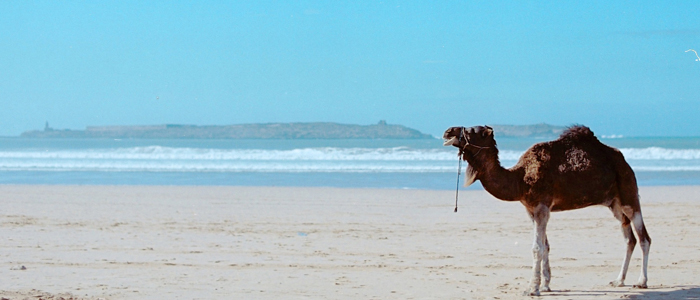
Madagascar
Mauritius
The study analyzes water accounts in Mauritius to inform decision-making on the distribution and uses of water in a relevant, standardized and coherent manner. It also builds upon understandings of how different policies can impact water demand, considering various climate change scenarios. The study highlights that current pricing is inadequate and leads to infrastructural deficiencies. A thorough analysis of the governance structure of the water sector in Mauritius complements the analysis to illustrate how inadequate governance can lead to ineffective policies and hamper the sustainability of the water sector.
Read the full study.
Morocco
In order to meet the infrastructural demands of the tourism sector, 70% of the beaches of Tetouan in Morocco have been eroded through sand mining. In a paradoxical scenario, the same beaches which attract tourists during the summer are being mined for infrastructure development. This has led to a trade-off between short-term benefits and the long-term socioeconomic advantages of preserving beaches as a natural resource. The study provides an economic valuation of the benefits provided by the beach ecosystem. It shows that the loss of revenue for hotels due to the degradation of the beaches exceeds the revenue generated from sand mining. Findings show that this does not account for additional losses that could result from climate change and other ecosystem services that the sand dunes provide.
Read the full study.
About | Teams | Events | Research | Resources | Results | PANCANET





